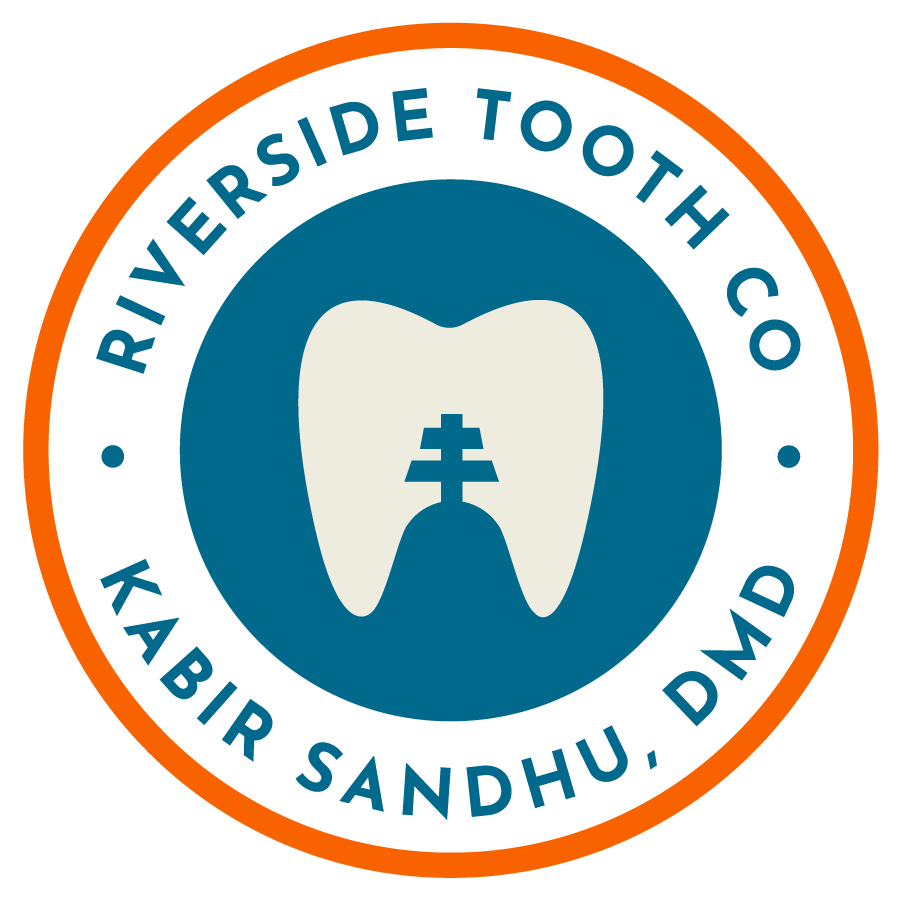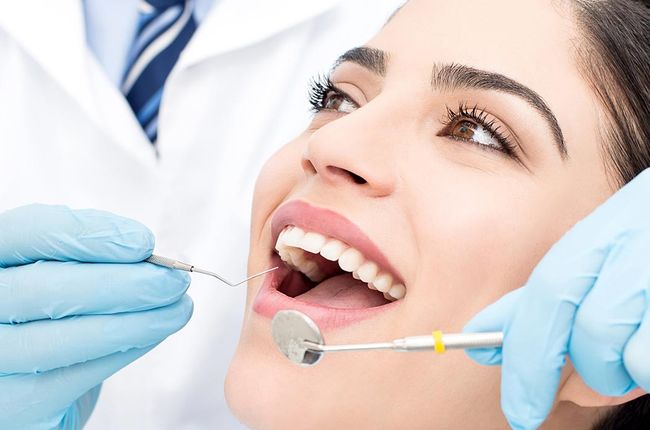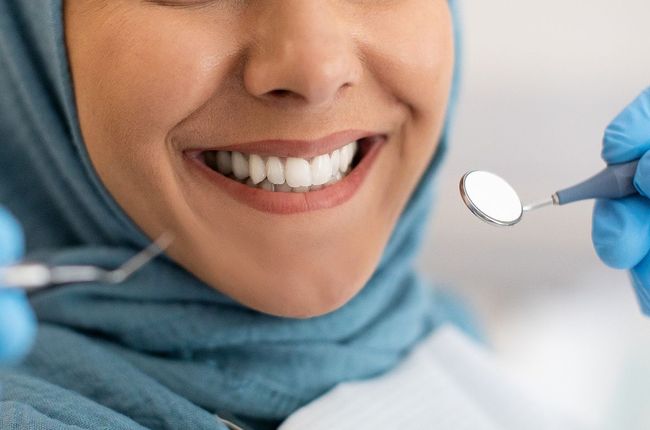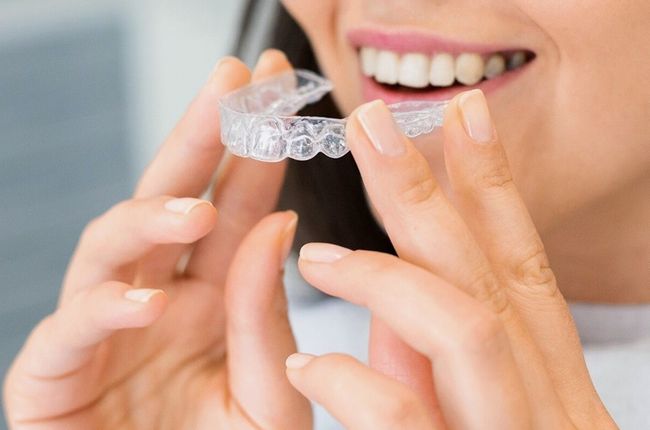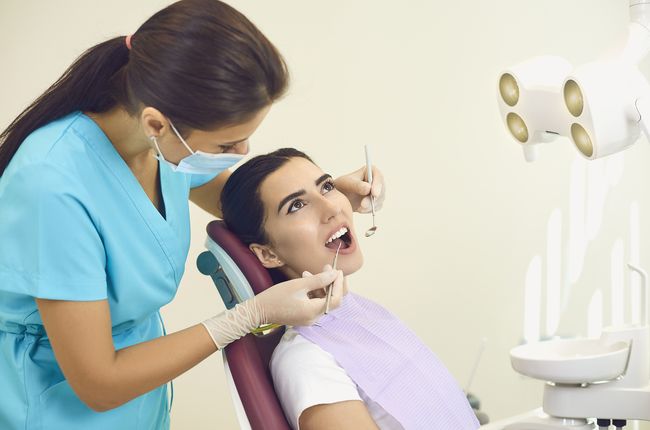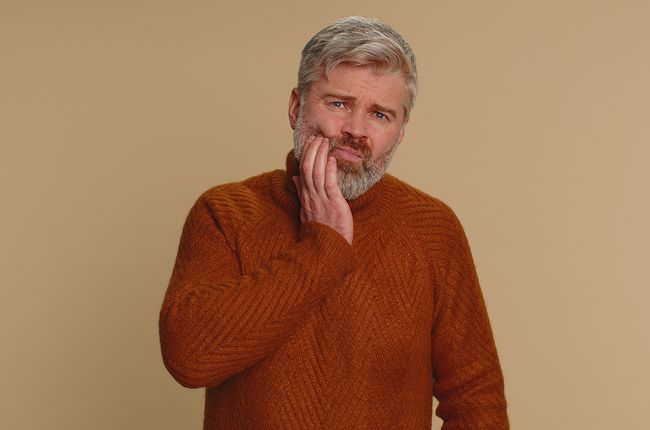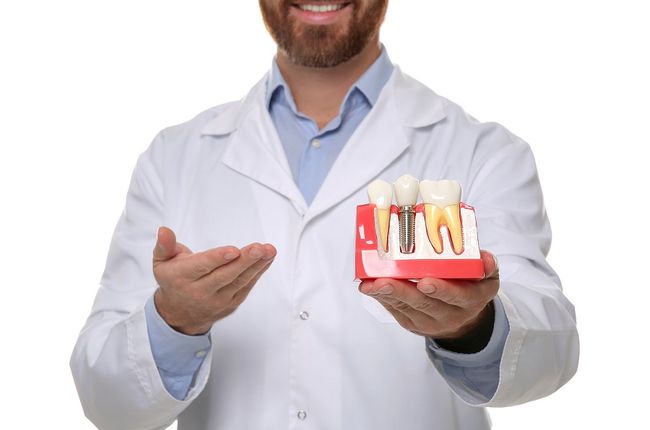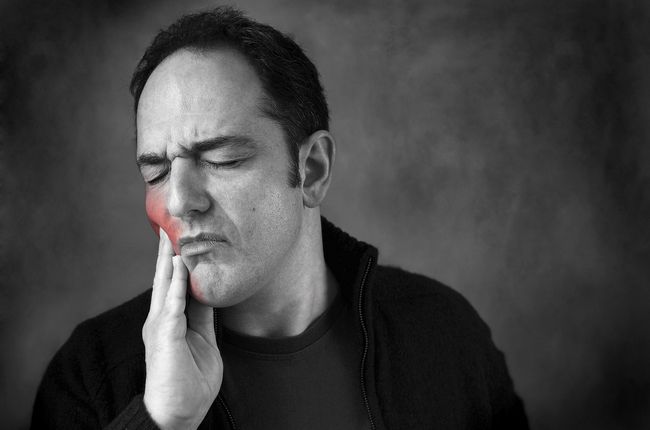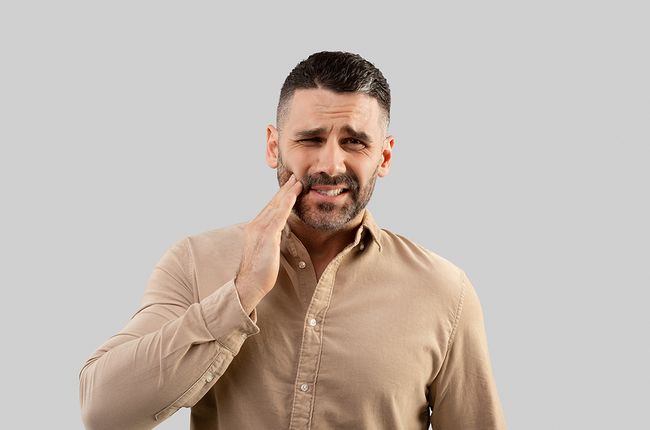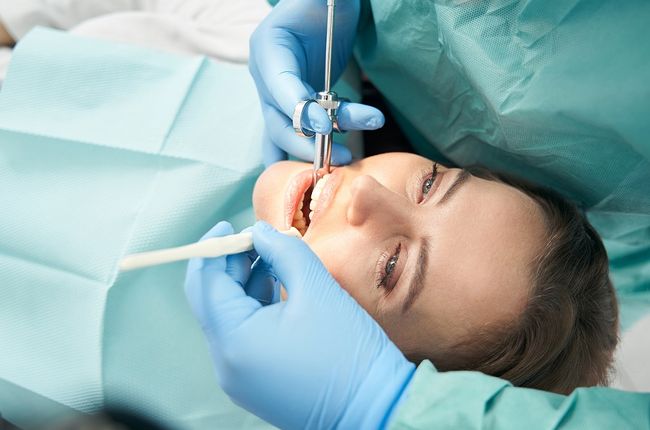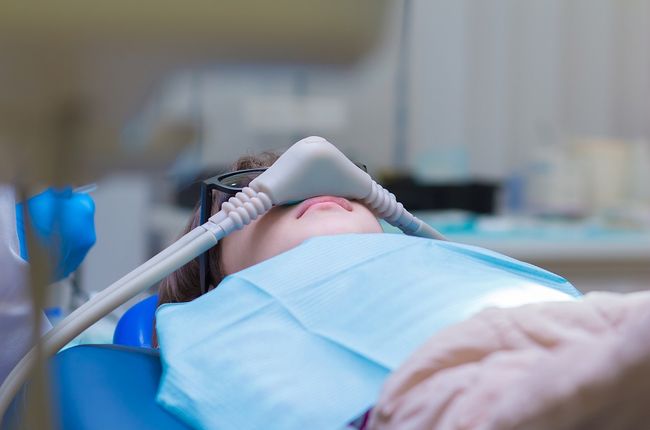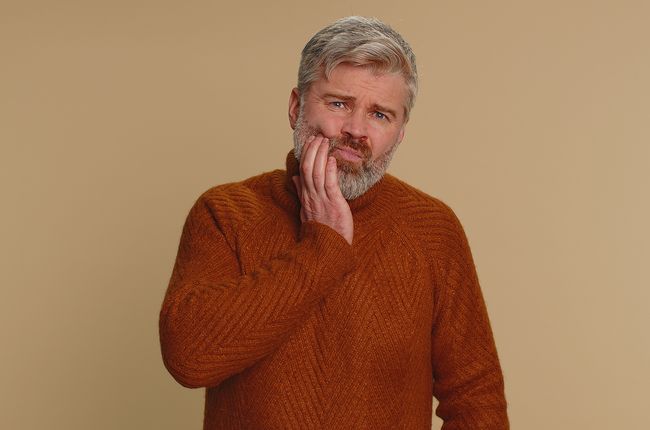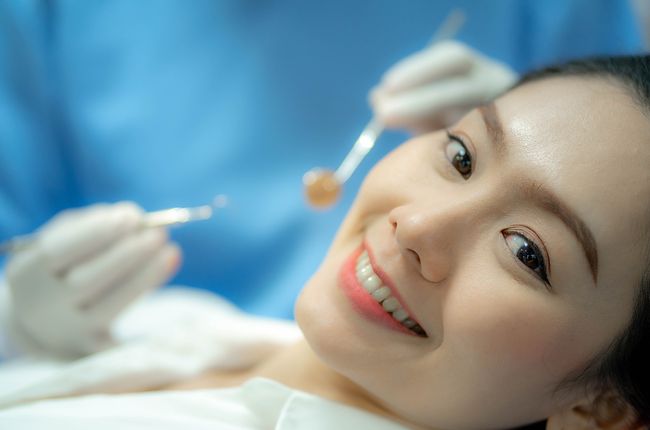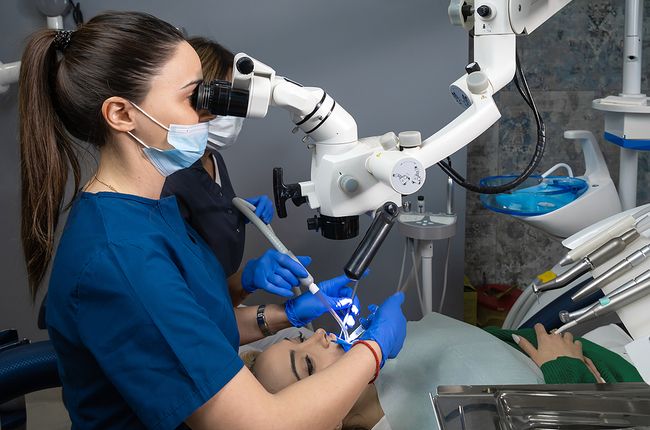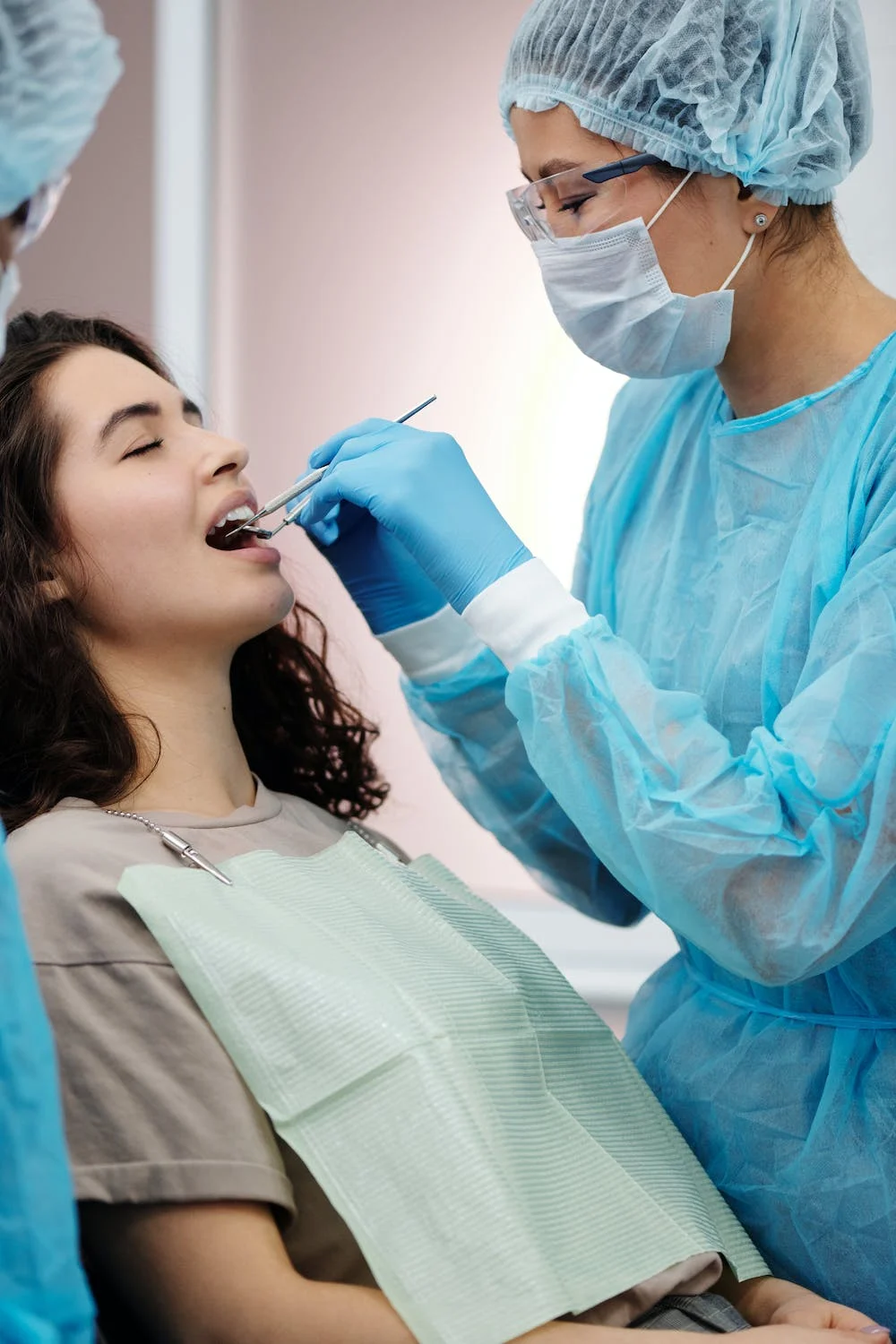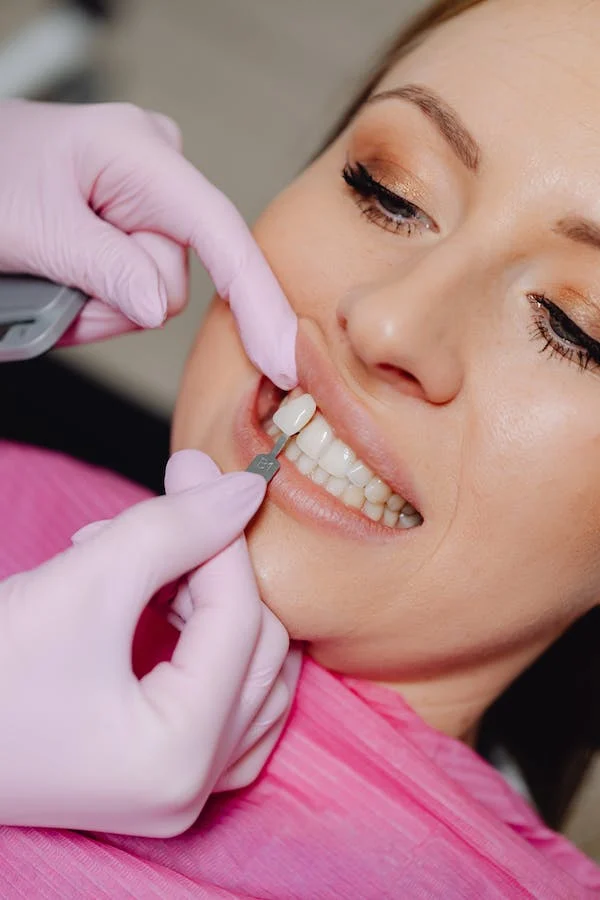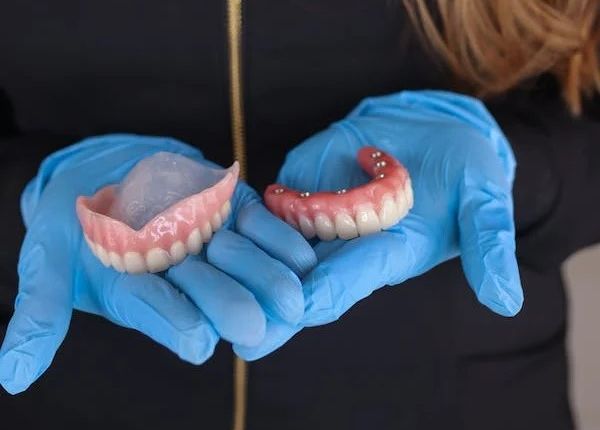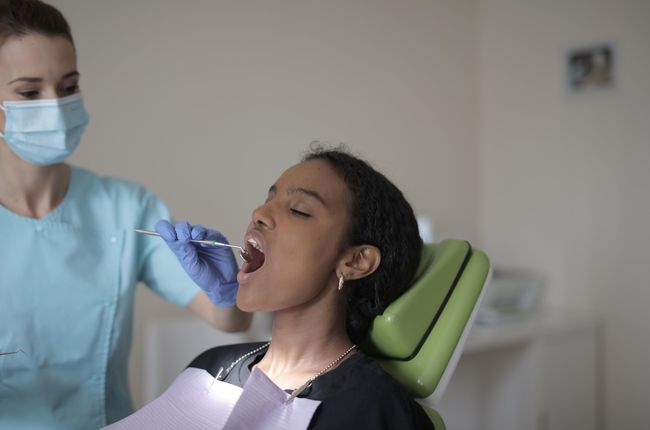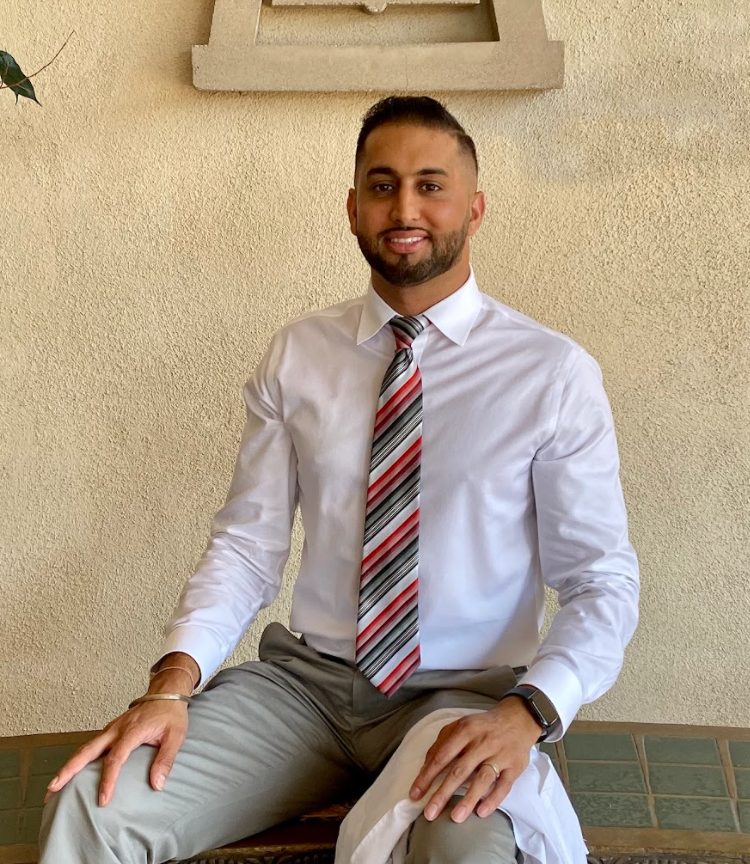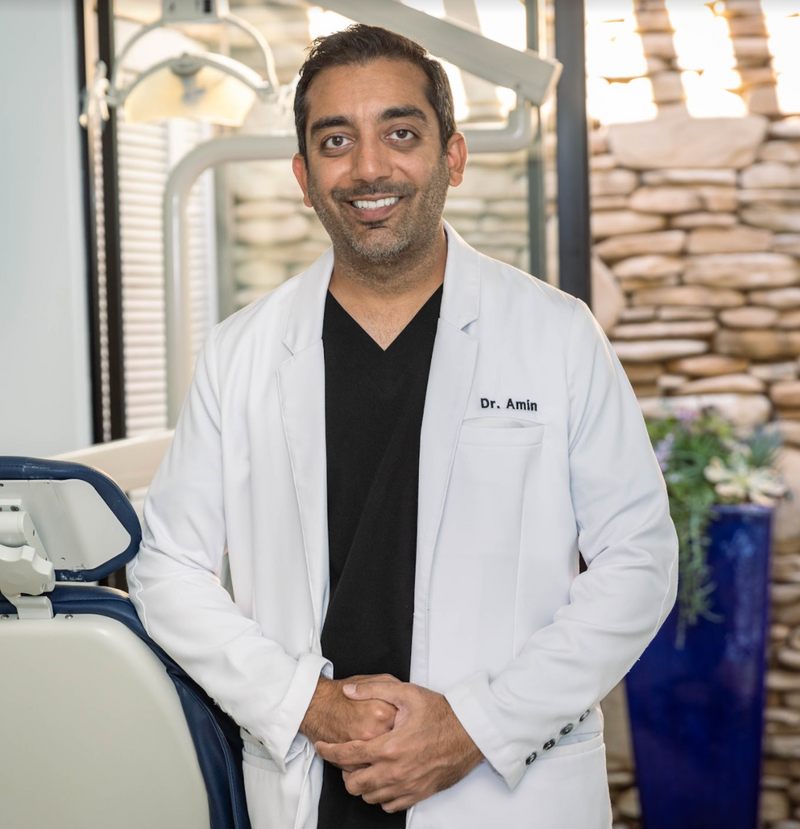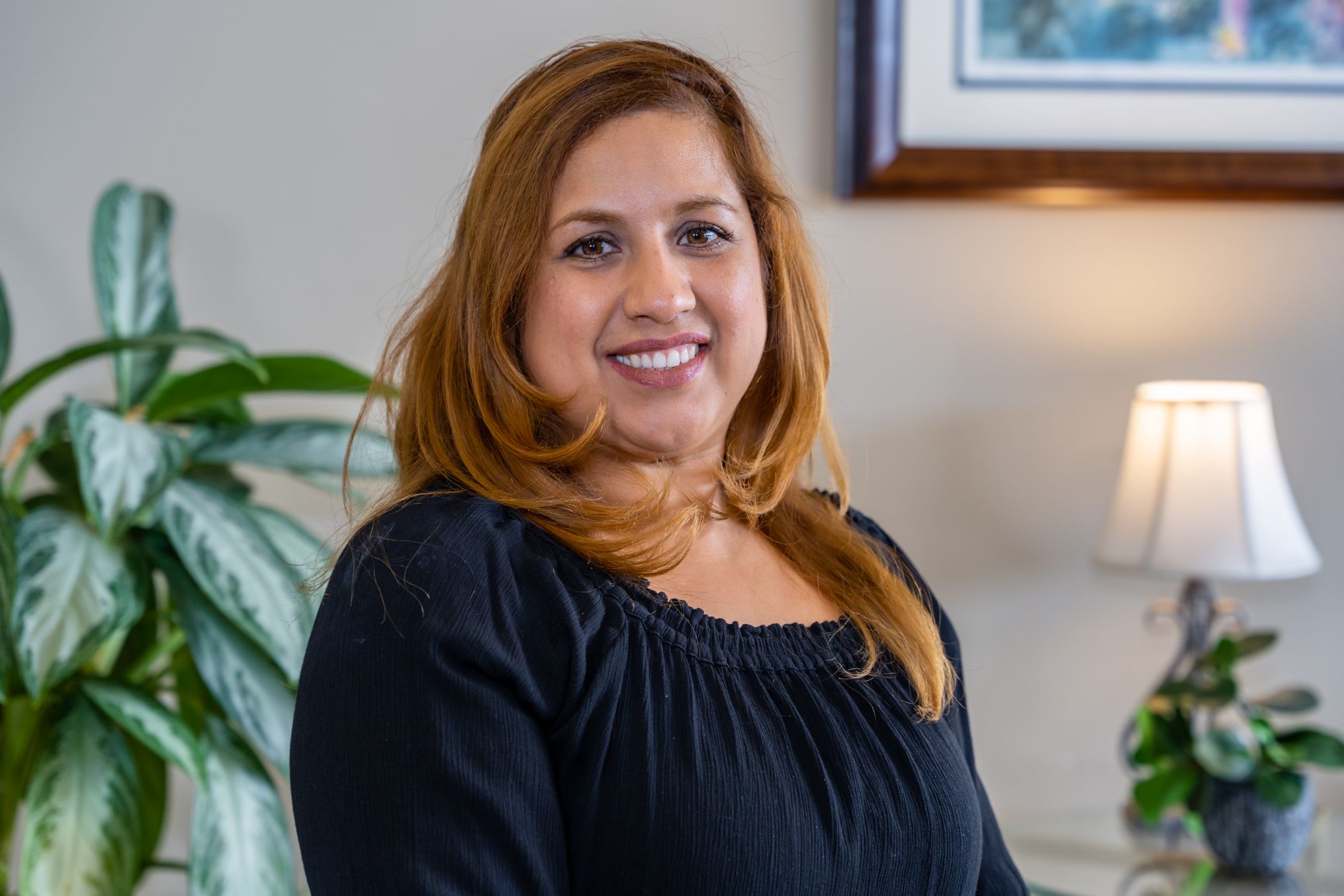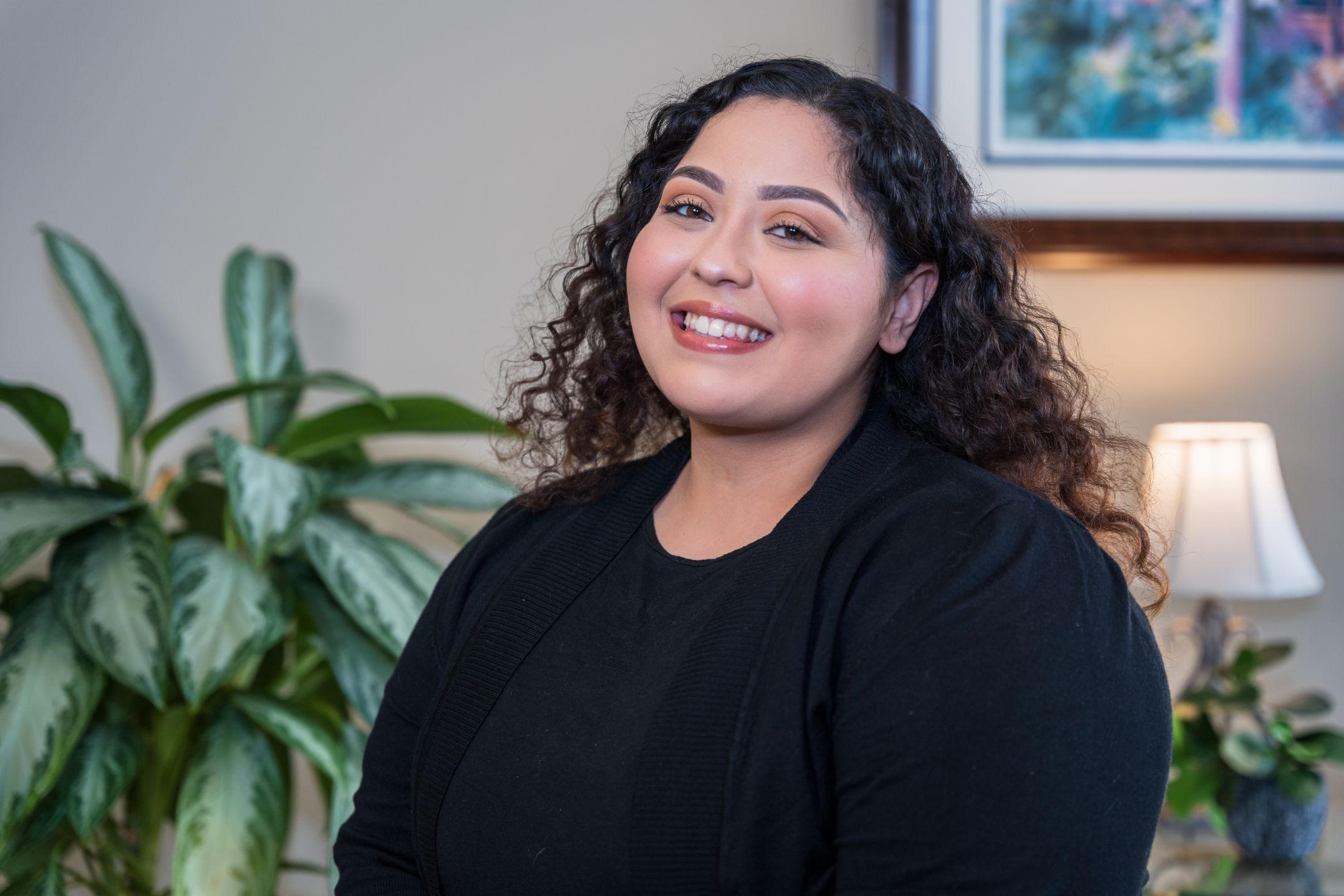Oral Surgery in Riverside, CA
Oral surgery is a specialized branch of dentistry that focuses on surgical procedures involving the mouth, jaw, and facial regions. It goes beyond routine dental treatments, addressing more complex issues that cannot be resolved through non-surgical means.
Common Reasons for Oral Surgery
Oral surgery is a specialized field in dentistry that focuses on treating complex dental issues that cannot be resolved with non-surgical treatments. There are several common reasons why someone might need oral surgery, and each case is unique to the individual's specific dental condition.
- One of the most common reasons for oral surgery is tooth extraction. This may be necessary if a tooth has been severely damaged by decay or trauma and cannot be saved through other means such as fillings or root canals. Wisdom teeth removal is also a prevalent oral surgery procedure, as these third molars often cause pain, crowding, or misalignment.
- Another reason for oral surgery is corrective jaw surgery, also known as orthognathic surgery. This procedure aims to correct abnormalities in the jaw structure that can affect proper chewing, speaking, or breathing. It may involve repositioning the upper jaw (maxilla), lower jaw (mandible), or both.
- Oral surgeons also perform procedures to address facial injuries resulting from accidents or trauma. Whether it's a fractured jawbone or facial bones, lacerations inside and outside the mouth area require surgical intervention to ensure proper healing and restore functionality.
- Furthermore, some individuals may require dental implant placement as part of their treatment plan following tooth loss due to injury or severe decay. Dental implants provide a long-term solution for replacing missing teeth by surgically inserting artificial tooth roots into the jawbone.
- People who suffer from obstructive sleep apnea may benefit from certain types of oral surgeries such as uvulopalatopharyngoplasty (UPPP) to remove excess tissue blocking their airway during sleep.
It's important to note that while these are common reasons for oral surgery, every patient should consult with their dentist or an experienced oral surgeon who will evaluate their specific needs and recommend appropriate treatment options based on their unique circumstances.
Types of Oral Surgery Procedures
When it comes to oral surgery, there are several procedures that can be performed depending on the specific dental issue. Each procedure is tailored to address a particular problem and provide effective treatment. Let's take a closer look at some common types of oral surgery procedures:
- Wisdom Tooth Extraction: This procedure involves removing one or more impacted wisdom teeth, which often cause pain, infection, or overcrowding in the mouth.
- Dental Implant Placement: Dental implants are artificial tooth roots that are surgically placed into the jawbone to support replacement teeth. This procedure is commonly used for individuals with missing teeth who want a permanent solution.
- Jaw Surgery: Also known as orthognathic surgery, this procedure corrects misaligned jaws and improves facial appearance and functionality.
- Biopsy: In cases where abnormal growths or lesions occur in the mouth, an oral surgeon may perform a biopsy to determine if they are cancerous or benign.
- Corrective Jaw Surgery: This procedure helps treat issues such as temporomandibular joint disorders (TMJ), bite problems, and sleep apnea by repositioning the jawbone.
- Cleft Lip and Palate Repair: Oral surgeons play a crucial role in repairing cleft lips and palates in infants born with these congenital conditions through reconstructive surgery.
- Tooth Extractions: Sometimes it becomes necessary to remove damaged or decayed teeth due to severe infection or trauma; tooth extractions help eliminate pain while preventing further complications.
- Surgical Root Canal Treatment - When conventional root canal treatment is not sufficient for treating infections within the tooth pulp, surgical root canal treatment may be required.
These are just a few examples of different oral surgery procedures available today! It's important to consult with your Dentist in Riverside, CA or oral surgeon, who will recommend the most appropriate course of action based on your individual needs and condition.
Recovery and Aftercare
Recovery and aftercare are crucial aspects of any oral surgery procedure. After undergoing oral surgery, it's important to give your body time to heal and follow the post-operative instructions provided by your oral surgeon.
Immediately after your surgery, you may experience some discomfort or swelling in the affected area. This is normal and can be managed with prescribed pain medication or cold packs applied to the outside of your face. It's also essential to avoid any activities that could disrupt the healing process, such as smoking or using a straw.
In terms of diet, it's best to stick to soft foods that are easy to chew and swallow during the initial recovery period. This includes soups, mashed potatoes, yogurt, smoothies, and scrambled eggs. As you progress in your recovery, you can gradually reintroduce harder foods into your diet.
Maintaining good oral hygiene is crucial during this time as well. You should continue brushing your teeth, but be gentle around the surgical site. Avoid using mouthwash containing alcohol as it can irritate the area.
Follow-up appointments with your oral surgeon will be scheduled for them to monitor your progress and ensure proper healing. If you experience any unusual symptoms or have concerns about your recovery process, don't hesitate to reach out for professional guidance.
Remember that everyone's recovery experience may vary depending on factors like age, overall health condition, and the complexity of their specific procedure. Patience is key during this phase, as it takes time for complete healing to occur.
By following these post-operative instructions diligently and taking care of yourself throughout the recovery period, you'll increase the chances of a successful outcome from your oral surgery procedure.
Conclusion
Oral surgery plays a crucial role in maintaining and improving our oral health. It is a specialized branch of dentistry that deals with surgical procedures related to the teeth, gums, jawbones, and other structures of the mouth.
Whether it's extracting wisdom teeth, correcting misaligned jaws, treating facial injuries, or addressing other dental issues that cannot be resolved through non-surgical methods alone, oral surgery offers effective solutions.
Oral surgery continues to improve lives by restoring smiles and ensuring long-lasting dental wellness. If you’re interested in learning more about how we can help improve your smile’s health and function, contact Riverside Tooth Co. at 6886 Indiana Ave Suite B, Riverside 92506, or call (951) 686-2565.
Contact Us
6886 Indiana Ave Suite B,
Riverside, CA, CA, 92506
Email: info@riversidetoothco.com
Phone: (951) 686-2565
Working Hours
MON8:00 am - 5:00 pm
TUE - THU9:00 am - 6:00 pm
FRI7:00 am - 12:00 pm
SAT - SUNClosed
